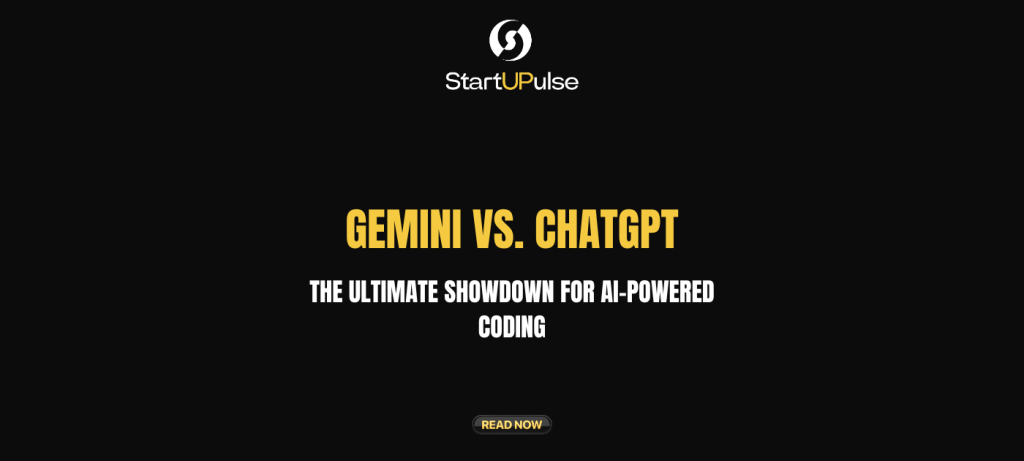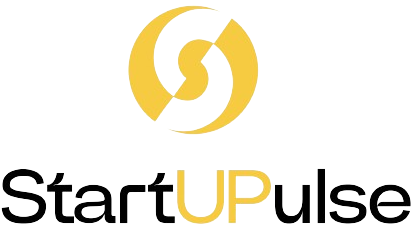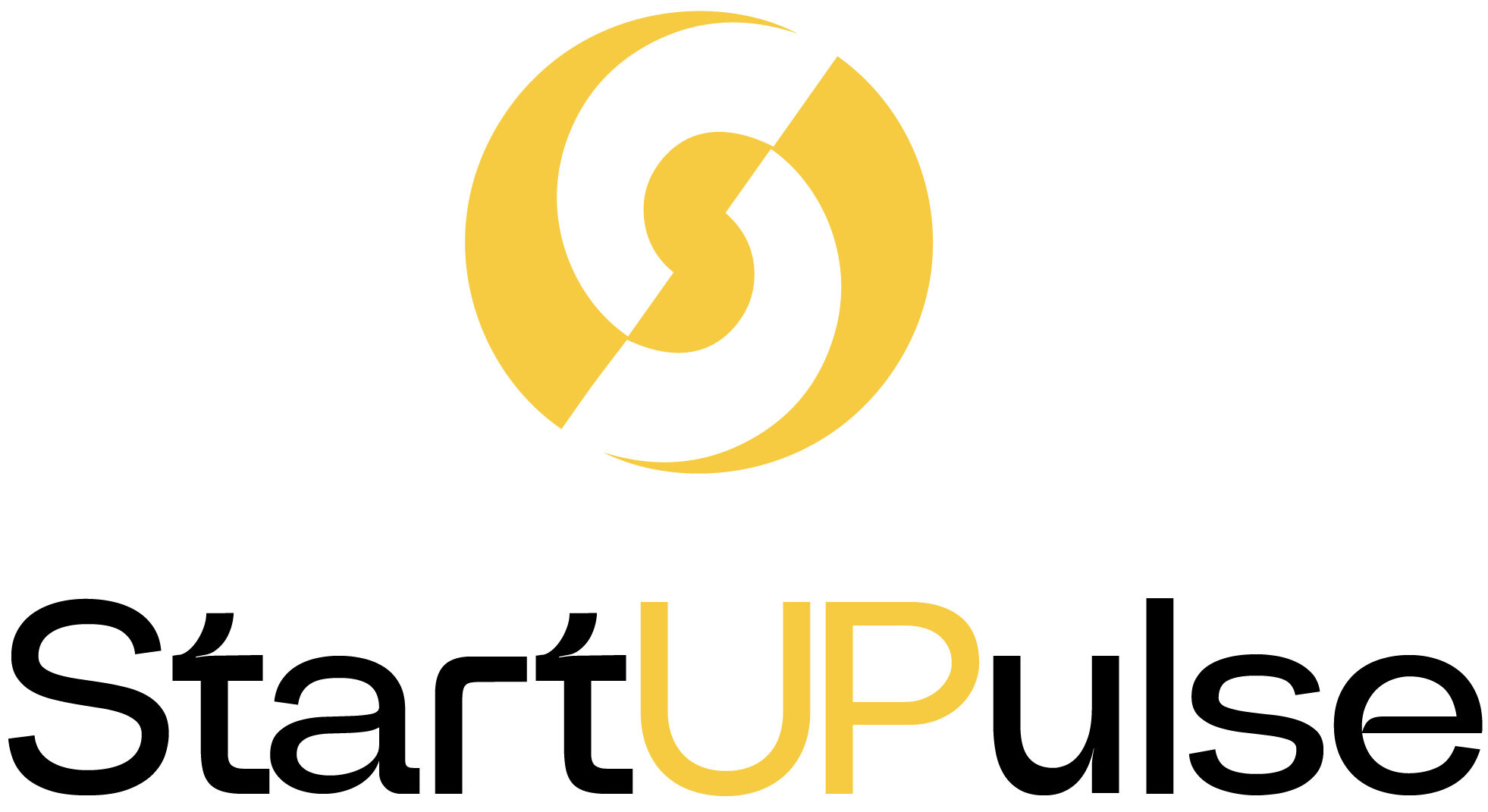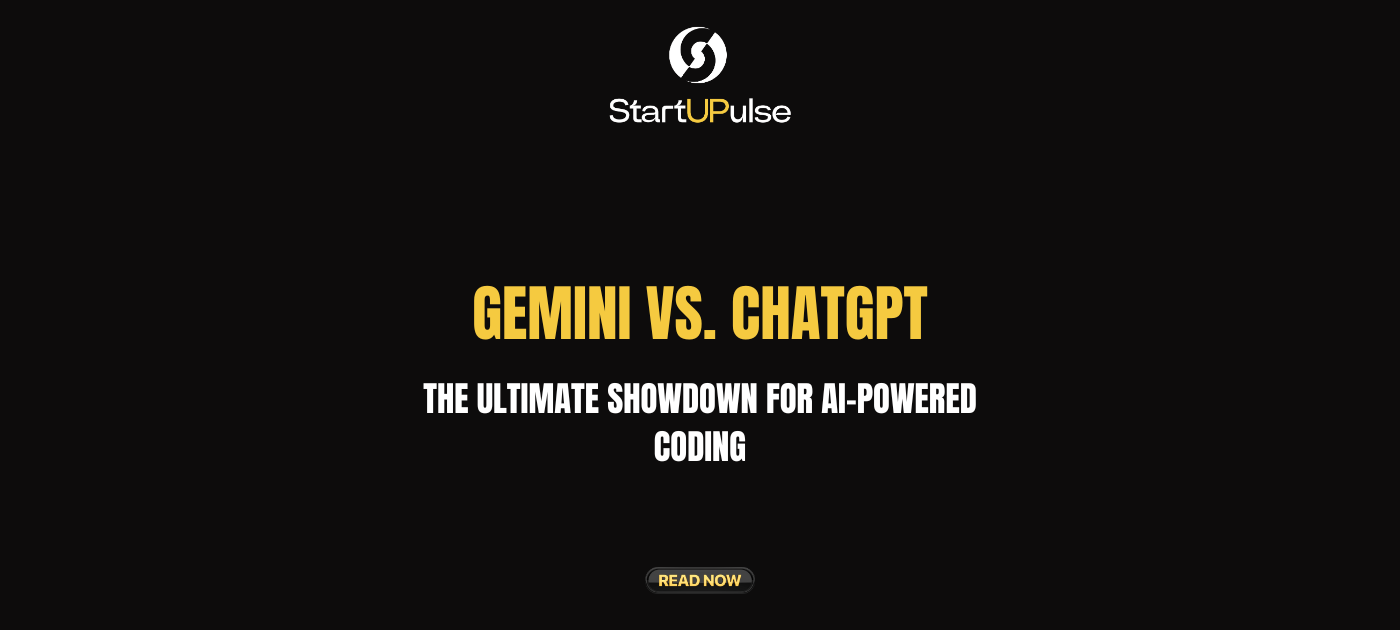
In the ever-evolving landscape of artificial intelligence, two powerful language models
have emerged as contenders for the throne of AI-assisted coding: Google’s Gemini and
OpenAI’s ChatGPT. Both offer impressive capabilities for generating code, debugging, and
providing explanations, but which one is truly better for coding tasks? In this in-depth
comparison, we’ll dive into their strengths, weaknesses, and ideal use cases to help you make
an informed decision.
Gemini: Google’s Multimodal Marvel
Gemini, Google’s latest large language model (LLM), is designed to be a multimodal
powerhouse. It’s trained on a massive dataset that includes not just text but also images and
other forms of data. This gives Gemini a unique advantage in understanding and generating
code that involves visual elements, such as user interfaces or diagrams.
Key Strengths of Gemini for Coding:
● Multimodal Understanding: Gemini’s ability to process images alongside text makes it
particularly adept at tasks like generating code from UI mockups or explaining code
snippets with visual aids.
● Strong Reasoning Abilities: Gemini is known for its ability to reason through complex
coding problems and provide detailed explanations of its solutions.
● Broad Language Support: While an official list of supported languages hasn’t been
released, Gemini is expected to handle a wide range of programming languages.
ChatGPT: The Conversational Coding Companion
ChatGPT, powered by OpenAI’s GPT models, is a conversational AI designed for natural
language interactions. It has gained immense popularity for its ability to generate human-like
text, including code. ChatGPT’s strength lies in its conversational interface, which allows
developers to interact with it in a more natural and intuitive way.
Key Strengths of ChatGPT for Coding:
● Conversational Interface: ChatGPT’s chat-like interface makes it easy to ask
questions, request code snippets, or seek explanations in real-time.
● Extensive Language Support: ChatGPT supports a vast array of programming
languages, from popular ones like Python and JavaScript to niche languages like Fortran
and Pascal.
● Adaptability: ChatGPT can be fine-tuned for specific coding tasks, making it highly
adaptable to different domains and use cases.
The Verdict: Which is Better?
Choosing between Gemini and ChatGPT ultimately depends on your specific needs and
preferences as a developer.
Gemini might be a better choice if:
● You frequently work with code that involves visual elements.
● You value detailed explanations and reasoning behind code solutions.
● You’re looking for a model that can understand and generate code in multiple modalities.
ChatGPT might be a better choice if:
● You prefer a conversational interface for interacting with the AI.
● You work with a wide range of programming languages.
● You want a model that can be easily customized for your specific needs.
The Future of AI-Powered Coding
Both Gemini and ChatGPT are still under development, and their capabilities are constantly
evolving. As these models continue to improve, we can expect them to become even more
powerful tools for developers. In the future, AI-powered coding assistants could help us write
code faster, more accurately, and with greater creativity.
Connect with Experts at StartUPulse to Leverage AI in Your Startup
If you’re a startup looking to harness the power of AI for coding or other aspects of your
business, StartUPulse can connect you with the expertise you need. We offer:
● A vibrant community of fellow startup founders: Share your experiences, learn from
others, and build a supportive network.
● Access to business development consultants: Gain valuable insights and strategic
advice from experienced professionals.
● Expert 1-on-1 coaching: Get personalized guidance on startups, sales,
entrepreneurship, and fractional hiring to accelerate your growth.
Don’t miss out on the transformative potential of AI. Connect with StartUPulse today and
unlock new possibilities for your startup.
















